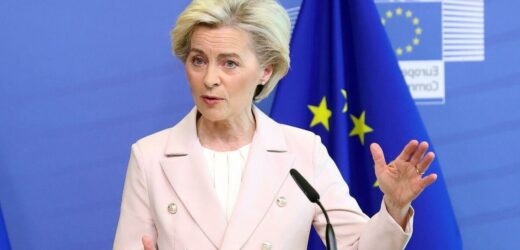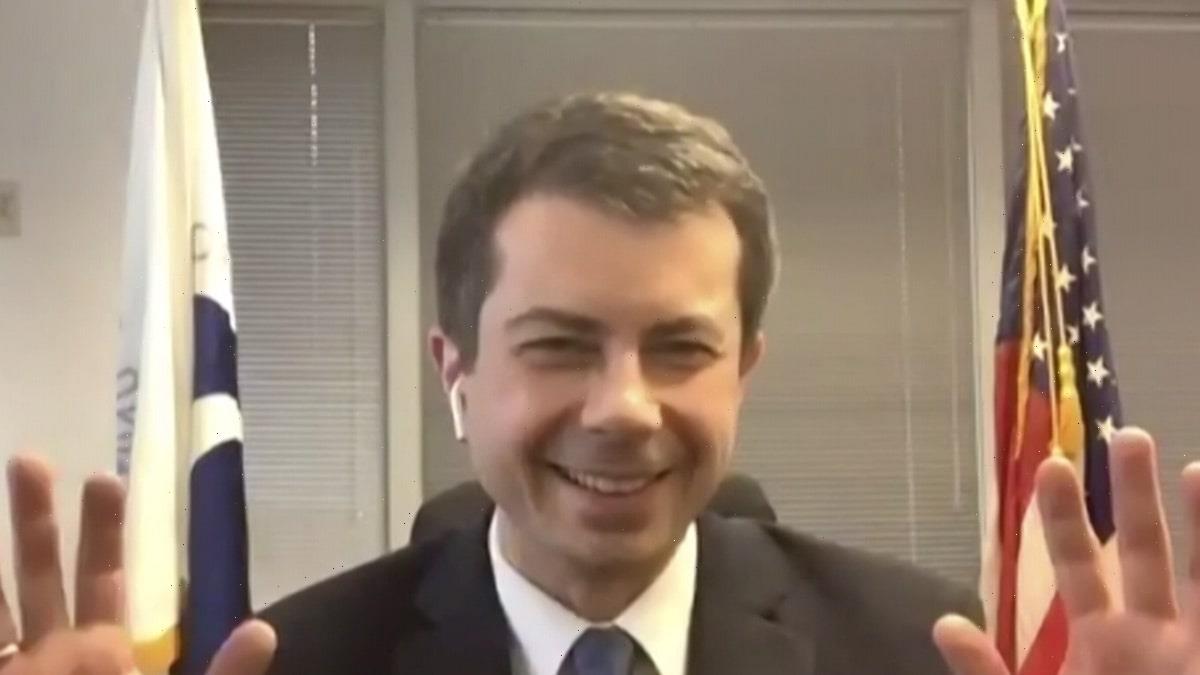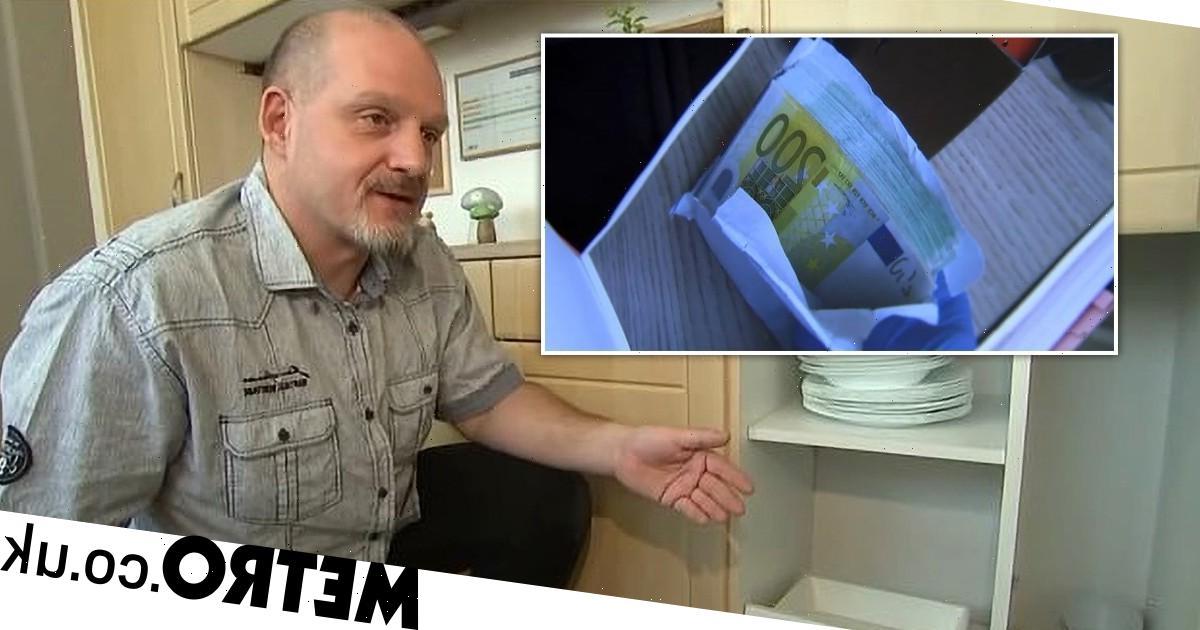Russia: EU 'completely wrong' to rely on gas says Timmermans
We use your sign-up to provide content in ways you’ve consented to and to improve our understanding of you. This may include adverts from us and 3rd parties based on our understanding. You can unsubscribe at any time. More info
EU ambassadors met on Wednesday to discuss addressing Vladimir Putin’s gas threats. The Russian President had ordered that, by March 31, a list of “unfriendly countries”, including EU members, must purchase gas in rubles or else face a supply cut. Kremlin spokesperson Dmitry Peskov said: “Payment in proper form will be the basis for the continuation of supply.”
The Commission insisted on Wednesday that paying for gas in rubles is forbidden as it undermines sanctions slapped down on Russia for invading Ukraine.
Commission President Ursula von der Leyen said: “Our guidance here is very clear.
“If this is not foreseen in the contract, to pay in rubles is a breach of our sanctions.”
She stressed in particular that companies with contracts denominated in euros or dollars “should not accede to the Russian demands, this would be a breach of the sanctions, so a high risk for the companies”.
It has floated the idea that companies could open accounts in Russia to pay for gas and oil.


But it said that the Kremlin would be responsible for converting the payment into rubles.
Several countries are understood to be furious with this idea, expressing their anger during yesterday’s meeting.
A source told the Telegraph: “If Gazprom (Russia’s state-backed gas giant) takes a payment in euros or dollars, as contracted, and delivers gas in exchange for payment then they have fulfilled a contract, with no involvement between EU companies and the sanctioned Russian Central Bank.”
The source added: “What they do with the money after that then becomes their internal business.”

One EU diplomat tore apart this idea, calling it a “trap.”
Another said: “We expected the Commission to deliver a clear message that Russia’s instructions breached sanctions.
“Instead, we got instructions on how companies are supposed to deal with Gazprom on their own.”
A third diplomat said that “ambassadors made critical comments about that ambiguity and asked for more clarity,” according to Politico.
The diplomat added: “The goal was to all have the same understanding of what’s possible and what’s not, but there have been clear differences in interpretation.”
DON’T MISS
Forget Satan 2! US £157bn project can wipe out Putin’s missile [REVEAL]
Bulgaria and Greece break EU ranks with new nuclear plan [INSIGHT]
Hydrogen breakthrough paves way for ‘cheap’ truly green power [REPORT]

And with no clear agreement on how to respond to the threat, Putin went ahead and stuck to his warning by cutting off Poland and Bulgaria’s gas on Tuesday night.
This is despite Bulgaria insisting that it had complied with Russian terms.
The Ministry in Sofia said: “Bulgargaz received a notification today, April 26, that natural gas supplies from Gazprom Export will be suspended starting April 27.
“The Bulgarian side has fully met its obligations and has made all payments required under its current contract in a timely manner, strictly and in accordance with its terms.”
But Poland fiercely rejected the Russian demand.

Piotr Naimski, Warsaw’s Commissioner for Strategic Energy Infrastructure, revealed Poland would not pay in Russian rubles and claimed the country was prepared for any retaliation from the Kremlin.
Mr Naimski said: “We will not pay. Various possibilities and risks are being considered and we’re prepared for them. If it is necessary, and if such a decision is made, we’re able to cut ourselves off from the gas supplies at a moment’s notice, and we’re ready for Russian actions, including an interruption in supplies.”
But not every country is taking the same approach.
Hungary, which has called oil and gas sanctions on Russia a “red line”, has admitted that it brokered deals with a Russian bank to deposit rubles into Gazprom’s account.
Gazprom is the state-owned energy conglomerate which warned it would need to take payments in rubles.
Slovakia has also admitted to doing the same.
Source: Read Full Article


